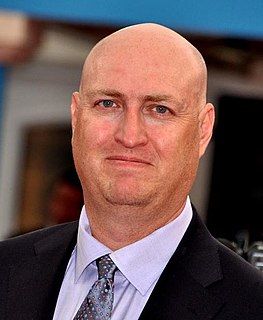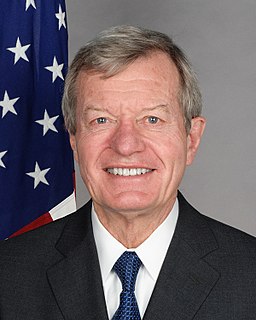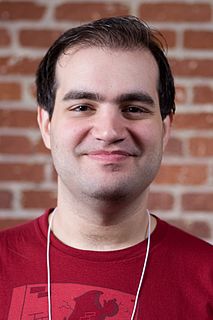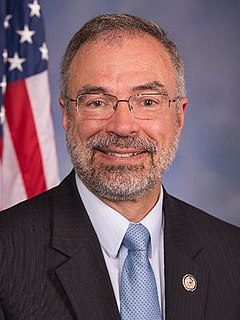A Quote by Vint Cerf
The bottom-up, loosely-coupled, bilateral and multi-stakeholder practices that have created the network of networks we call the Internet allow for a broad range of business models.
Related Quotes
The structure of the human brain is enormously complex. It contains about 10 billion nerve cells (neurons), which are interlinked in a vast network through 1,000 billion junctions (synapses). The whole brain can be divided into subsections, or sub-networks, which communicate with each other in a network fashion. All this results in intricate patterns of intertwined webs, networks of nesting within larger networks.
The Internet is a really big tent. In theory, it can support the full range of models, one of which is, 'Here's my information and I'm happy you can use it,' and the other one is, 'Here's the information and you can't have it unless you pay me for it,' and perhaps some things in-between. There is a full spectrum of models.
If we want to make progress in key areas now, we have to build a multi-stakeholder process, harnessing the appropriate energies. So not only the politicians but also business, the wider civil society, and the trade union movement all have a contribution to make, whether it is at national or at international level.
Today we understand that reality corresponds to a model - or, even better, the sum of various models - which in science are termed "complex systems" - not complicated or difficult, that's a different thing! This complexity is what creates that which we all know - the World - is connected in a system of networks - and I'm not referring only to the internet but also to thousands of analog networks in which we are all immersed at every instant.



































